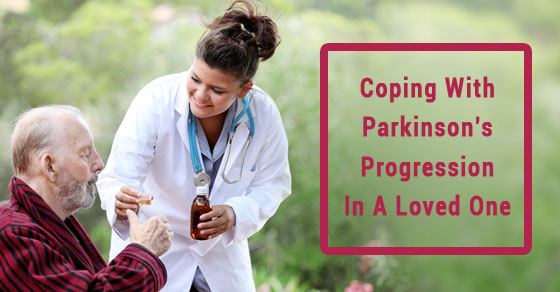What is a Tremor?
Posted By C-Care
 |
Ever notice a subtle shaking of a hand or limb that you have no control over? Don’t let it upset you. This is what is known as a tremor, and it’s often a perfectly normal part of life. However, you should bear in mind that there may be an underlying risk resulting from them, which is why it’s important to get frequent medical checkups throughout your lifetime. Today, let’s explore what causes tremors, what disorders they may potentially indicate, and more. The Basics First off, let’s clear the air on the naming. Tremors are often confused with muscle spasms and/or…
> Read MoreParkinson’s disease is a condition of the nervous system that impacts movement. Its development is gradual and starts with a rarely visible tremor in one hand. This condition is more common in older people, however, younger people can also be diagnosed with Young Onset Parkinson’s. Symptoms of the disease include tremors, decelerated movement, changes in speaking, writing changes, damaged posture and balance, and stiffness. The following are the 8 most common treatments for Parkinson’s disease: Medical prescription: Currently, there is no standard treatment for the disease. The treatment of each patient is based on their symptoms. However, there are several medications and therapies that are available to improve the quality of the patient’s life by reducing the symptoms. Here are some of the treatments used: Carbidopa-levodopa infusion Dopamine agonist Anticholinergic MAO type B inhibitors Pramipexole Tasmar Trihexyphenidyl Laropoda Benztropine mesylate Amantadine Surgical treatment options: Depending on the patient’s needs, health,…
> Read MoreParkinson’s disease is a common neurodegenerative condition, which mainly affects the motor system and can make simple physical tasks difficult over time. Since Parkinson’s is degenerative, symptoms advance and change over time. Symptoms of Parkinson’s include: Tremors Slow movement Rigidity Impaired balance Affected posture Dementia Mood alterations (depression, or anxiety being common) Parkinson’s is a challenging disease both for those who suffer from it, and for their family members. When diagnosed early, there are many things you can do to minimize symptoms, including exercises, some of which we’ll list here. WalkingParkinson’s affects your gait, often causing you to take smaller steps, as well as impeding balance. This combined with stiffness can cause falls. In order to combat these difficulties, try to walk regularly. While walking, aim to: Swing your arms. Take long steps. Pay attention to the way your foot lifts and lands as you step. Walking is also an…
> Read MoreWarning Signs Of Parkinson’s Disease
Posted By C-Care
Parkinson’s disease affects millions of people around the world. It’s a neurological disorder that progresses over time. There are many symptoms associated with Parkinson’s disease, making it difficult for friends and family members to recognize when a risk is present. The following are some of the warning signs of Parkinson’s disease. Understanding these common signs will provide valuable information that will assist you and your loved ones in the process. Dizziness Dizziness and fainting can be related to low blood pressure. This is often linked to Parkinson’s disease and can be a tell-tale sign that there is some risk of developing the disorder. An individual may feel dizzy when standing up after long periods of sitting in a chair. If you observe dizzy spells frequently, consider investigating further. Constipation Parkinson’s disease is also indicated by issues related to the bowels. This is a result of the link between the digestive…
> Read More
 |
Parkinson’s disease is a neurological disorder primarily affecting one’s motor skills. Parkinson’s causes one to become shaky, rigid, slow, and generally makes it difficult for the person to move. Because of these effects, routine tasks often become difficult. However, no two cases of Parkinson’s are the same, and cases evolve differently over time. People may have vastly different needs depending on how the disease affects them and the stage of Parkinson’s they’re experiencing. When your loved one is first diagnosed with Parkinson’s, your focus should be on providing them with emotional support. You should make it clear that you are…
> Read More
